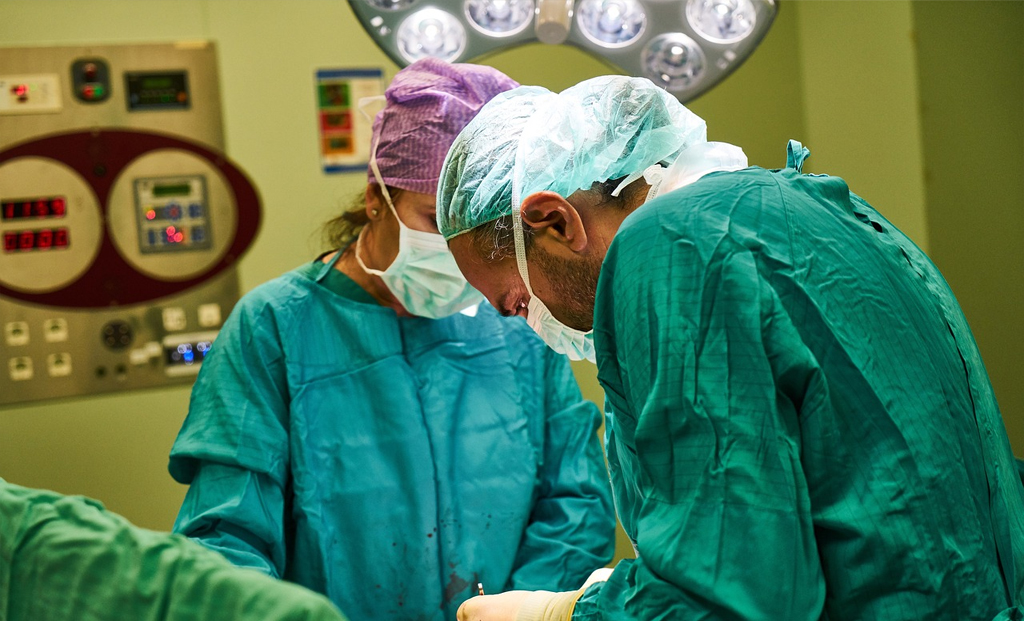Robotic Surgery Advancements Transform Knee Replacements
Cutting-edge Technology Improves Precision and Success Rates in Orthopedic Procedures
In a groundbreaking development, the field of surgery is witnessing a significant transformation, with robotic-assisted procedures emerging as a game-changer. The use of cutting-edge technology, especially in the realm of medical robotics, is revolutionizing the way knee replacement surgeries are conducted, resulting in improved success rates and patient outcomes.
The Surge of Medical Robotics Market Set to Reshape Orthopedic Surgeries
According to the recent report titled ‘Robotics in Medical Devices – Thematic Intelligence,’ the medical robotics market is on the verge of a significant surge, with every segment expected to experience remarkable growth over the next decade. Driven by the increasing demand for high-volume procedures, the market is projected to grow at an impressive annual growth rate (CAGR) of 8 percent, reaching an estimated value of $15.8 billion by 2030, up from $8.6 billion in 2022.
Precision Solutions for Osteoarthritis Patients
Knee replacement surgeries are most commonly performed on patients suffering from osteoarthritis, with India reporting a substantial prevalence of this condition, affecting around 22 to 39 percent of the population. The incorporation of robotic equipment in orthopedic surgeries has set a new standard in knee replacements, boasting an outstanding success rate of nearly 98 percent.
Enhanced Results with Robotic Assistance
Fortis Hospital’s Director & HOD, Dr. Atul Mishra, highlights the significant impact of technical and robotic improvements in total knee replacements. The integration of robotic technology enables surgeons to customize knee replacements based on each patient’s unique anatomy, leading to successful treatment outcomes, particularly for severe osteoarthritis cases. The collaboration between technology and human expertise has resulted in reduced post-operative complications, faster recovery times, improved joint stability, and enhanced overall knee function.
Advantages of Robotic-Assisted Knee Surgery
Robotic-assisted knee surgery (RAS) brings a myriad of benefits to patients, including precise placement and alignment of knee implants, reduced tissue damage, minimized blood loss, accelerated recovery, shorter hospital stays, and potentially lower post-operative complications. With the annual number of knee replacement surgeries in India exceeding 2.5 lakh, a staggering 2.5 times more than five years ago, there is an urgent need for advanced and precise surgical techniques to meet the growing demand.
Embracing the Future of Robotic Surgery
As medical technology, robotics, and precision tools continue to advance, the future holds even greater promise for further improving surgical outcomes and patient experiences. The integration of robotic technology in knee replacement procedures signifies a transformative shift in the field of orthopedic surgeries, offering a ray of hope to patients suffering from knee ailments.











